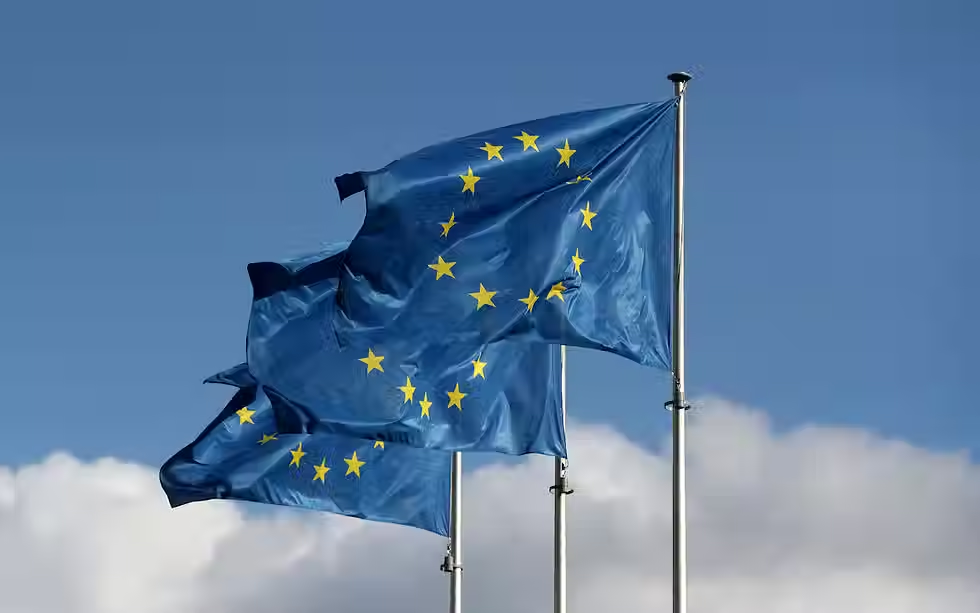Ireland: The Emerald Isle
- Iruni Kalupahana

- Feb 20, 2025
- 3 min read
Iruni Kalupahana, JadeTimes Staff
I. Kalupahana is a Jadetimes news reporter covering Europe

Geography and Landscape
Ireland is a country in western Europe occupying five-sixths of the island of Ireland, the most westerly of the major islands of the British Isles. Ireland is renowned for its breathtaking landscapes, including rugged coastlines, rolling emerald hills, and peaceful lakes. The Atlantic Ocean borders its west coast, creating a breathtaking coastal landscape with the likes of the Cliffs of Moher. Ireland's remoteness geographically helped to isolate it and therefore give it the unique cultural heritage that is drawn from Gaelic roots. Its high rainfall and temperate climate have earned many the nickname the 'Emerald Isle,' its name referring to the rich verdant green cover of the landscapes. Ireland's longest river is the River Shannon, which bisects the middle of the country, adding beauty to it while serving as an important water route throughout history.
Culture and Folklore
Ireland abounds in culture with a robust influence by the Gaelic myth and lore. Ireland is richly famous for having folklore, leprechauns' tales, banshees, and fairies. Perhaps the most notable legend is of Saint Patrick, Ireland's patron saint, driving snakes off the island and using the three leaved shamrock to further illustrate the concept of the Christian Trinity. The Irish language, though nowadays spoken by the minority, is nevertheless a very much part of Ireland's identity. Traditional music, also featuring the tin whistle, fiddle, and bodhrán drum, continues both in Ireland itself and among the Irish diaspora communities around the world.
History and Independence
Irish history has been shaped over centuries of political struggle and unrest. Before the 17th century, the island was divided into small local chieftain kingdoms. But after the failed rebellion known as the 'Flight of the Earls,' Ireland gradually came under English control. It was formally incorporated into the United Kingdom in 1801. The struggle for Irish independence became intense in the early 20th century, leading to the Irish War of Independence (1919–1921). The Anglo Irish Treaty of 1921 resulted in Ireland's partition, and six counties in the north remained part of the United Kingdom as Northern Ireland. The remaining 26 counties created the Irish Free State, which later evolved into the Republic of Ireland in 1949. Ireland has pursued a policy of neutrality during world wars since then, integrating itself into the European Union.
Economic Growth and Challenges
Ireland, traditionally an agrarian economy, was one of the poorest countries in Europe with resultant mass emigration, particularly during the 19th century's Great Famine. Ireland is now among the most prosperous nations in Europe, boasting a strong, export led economy. The pharmaceuticals and technology sectors have been chief drivers of economic growth, with multinational corporations such as Google, Apple, and Pfizer drawn to the nation. But Ireland took a hard hit in the 2008 financial crisis, when it required a bailout from the European Union and the International Monetary Fund. Ever since, though, the nation has rebounded, and Dublin, its capital, has become a thriving financial and cultural hub.
Irish Diaspora and Global Influence
Millions of people around the world claim Irish heritage, particularly in the United States, Canada, and Australia. As a result of economic difficulties and political unrest, Ireland saw mass emigration, particularly in the 19th and 20th centuries. It is estimated that more than 40 million Americans today have Irish ancestry, reflecting the strong cultural affinity between the two countries. Every year, millions of tourists, including those with Irish diaspora, come to Ireland to discover their heritage. The nation's literary legacy, through authors like James Joyce, W.B. Yeats, and Samuel Beckett, has further positioned Ireland as a global center for arts and literature. Rich in history, culture, and natural beauty, Ireland continues to be a point of curiosity for people all around the world.











































Comments